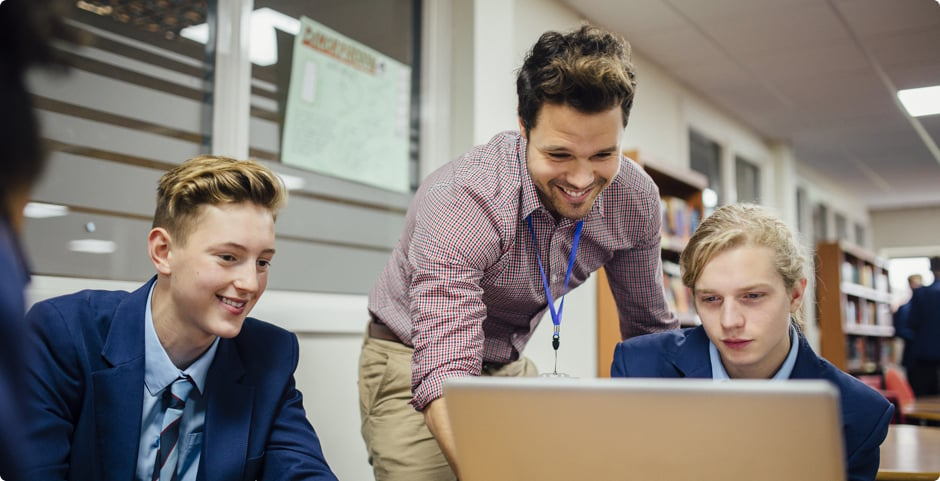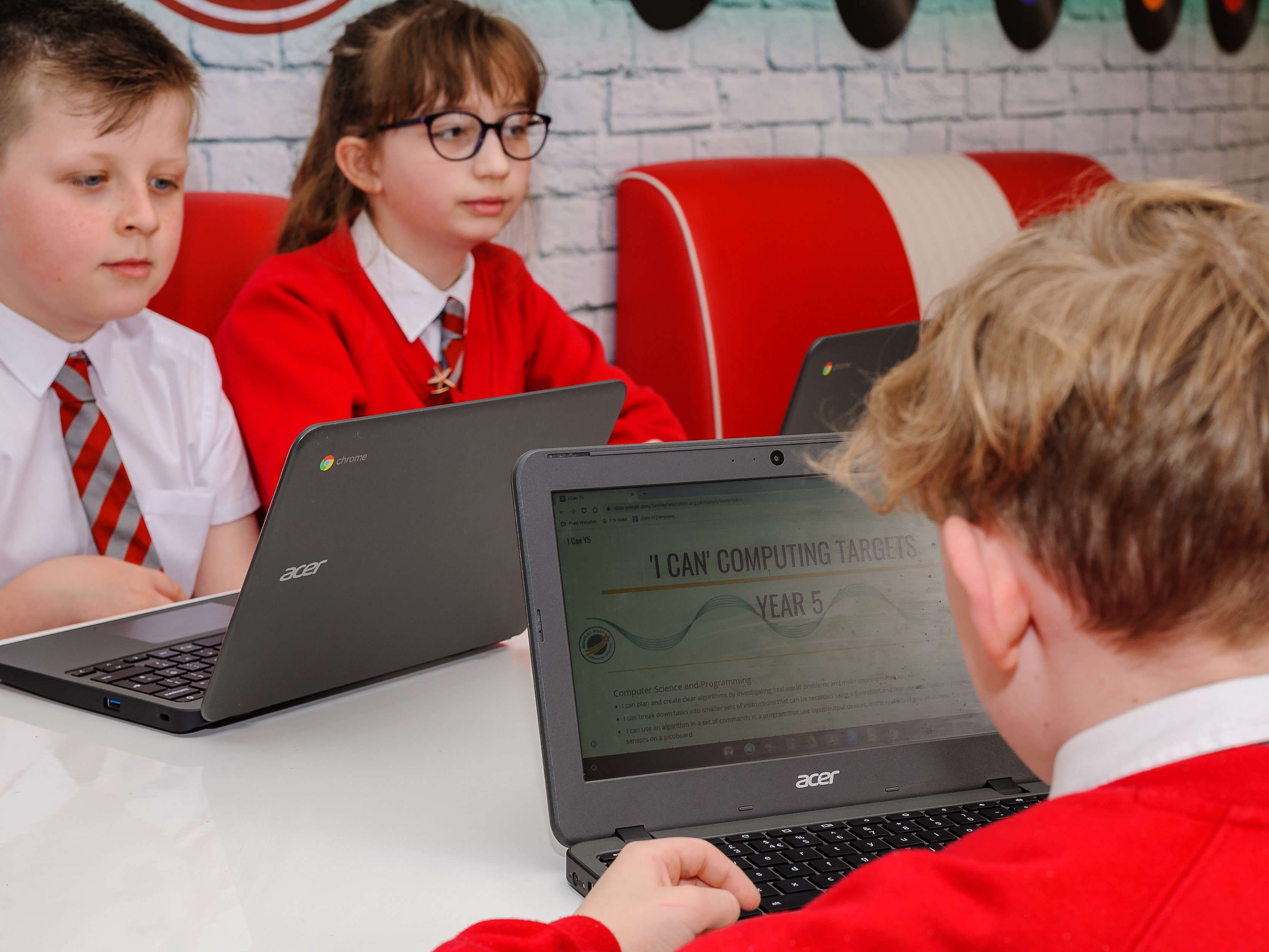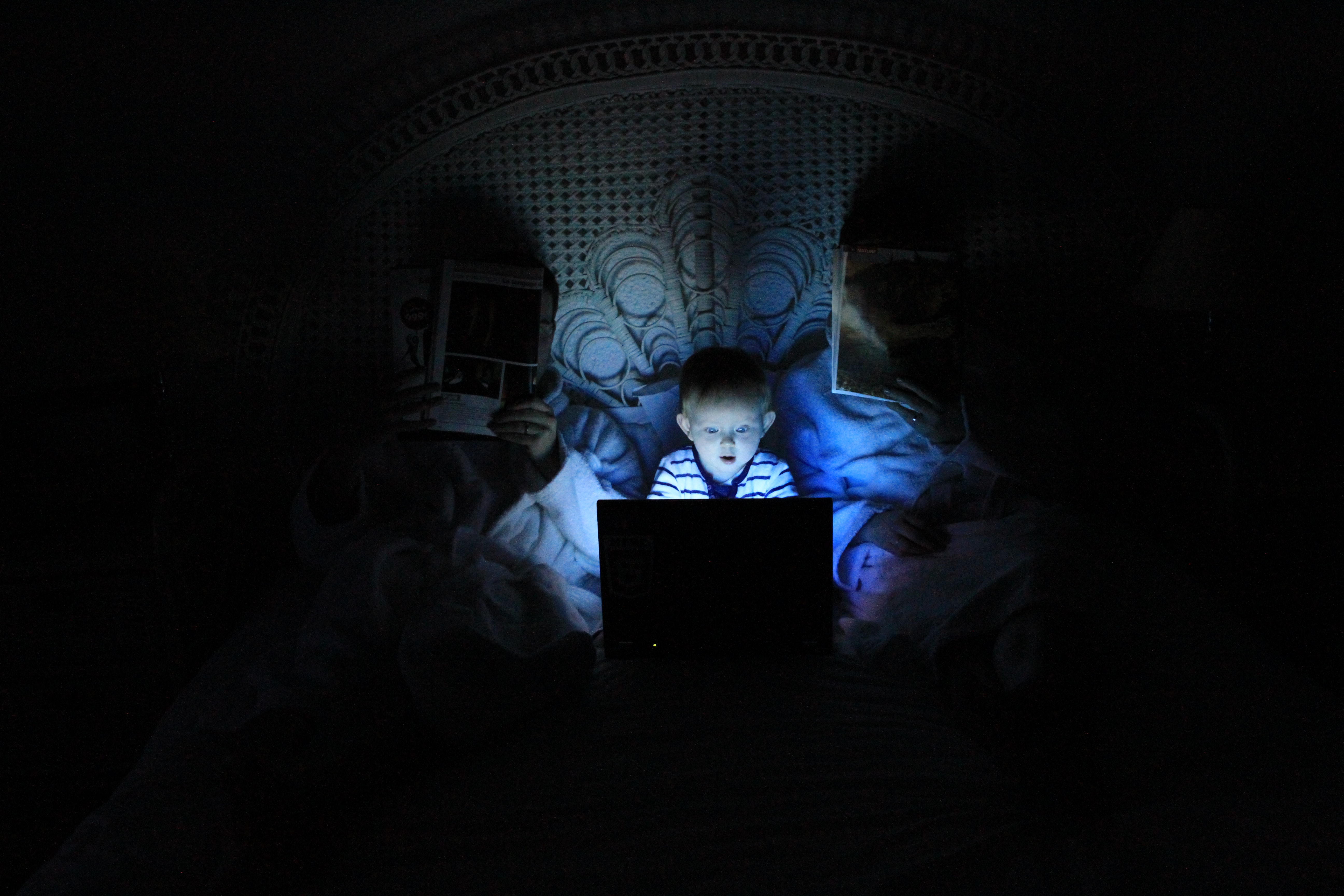About Wendy Goucher
Wendy is a Cyber Consultant and Storyteller. Her Nettie in Cyberland picture book series introduces key concepts about online safety to 4–7-year-olds in an accessible way through storytelling. Having spent time in schools with the Nettie books, teachers explained the need for similar books for older children.
Wendy’s latest series, starting with Eesha and the Mud Monster, are longer stories aimed at older primary school children (key stage 2). As well as being a good story, the books are also a platform that parents and teachers can use to discuss the topic of online safety.





